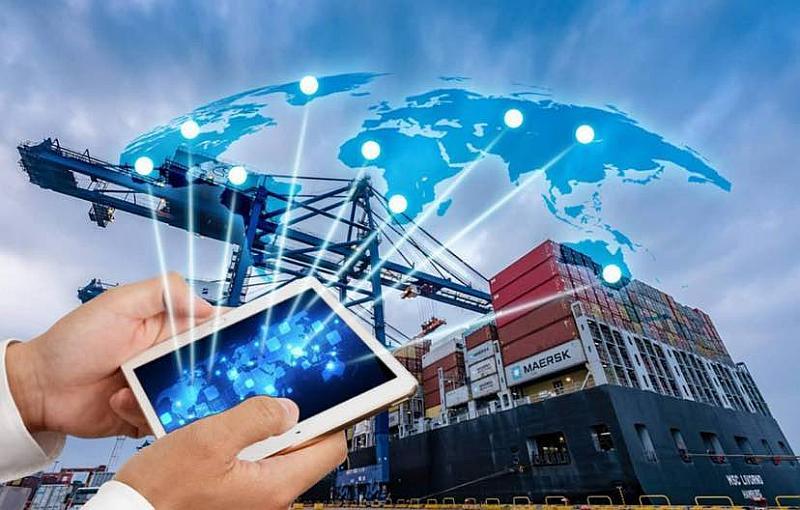
At a high-profile roundtable during the 2025 Philippine Blockchain Week, leaders from Indonesia, the Philippines, and the blockchain industry sent a clear signal: Southeast Asia is moving from a "testing ground" for blockchain to the "core of infrastructure." This represents a new explosive turning point for the iGaming industry, which seeks more compliant, efficient, and trustworthy payment and user systems.
In the discussion on "From Regulation to Implementation: Blockchain Applications in ASEAN's Public and Private Sectors," participants emphasized that blockchain is no longer just about proof of concept but is permeating government finance, digital identity, cross-border payments, compliance audits, and more—areas that are crucial for the ongoing expansion of the iGaming industry.
Indonesian Experience: Full On-chain Adoption is Just a Matter of Time
Raine Renaldi, chairman of the Economic and Digital Assets Committee at the Indonesian Chamber of Commerce (KADIN), pointed out that the country already has over 170 million digital asset users registered through legal platforms, with the number of active crypto users possibly exceeding 40 million. This not only indicates a vast reserve of Web3 users but also provides fertile ground for iGaming platforms to establish on-chain wallets, real-name KYC systems, and smart contract settlements.
"We are not just talking about regulation, but focusing on the economic effects brought by digital assets." Renaldi stated that Indonesia is quickly becoming one of the countries with the highest cryptocurrency adoption rates in the world.
Philippines: Government Transactions on Blockchain, Providing a Sandbox Example for Gaming Payments
Paul Soliman, CEO of the Philippine blockchain company BayaniChain, revealed that his company's Layer-2 blockchain network has been used by the Philippine Department of Budget and Management (DBM) to handle government financial transactions worth billions of pesos. This real-world application demonstrates that the combination of public blockchain and national budget systems is feasible, providing a paradigm for the gaming industry's settlement systems, game coin regulation, and RTP audits.
Soliman also noted that the blockchain financial sandbox mechanism of the Philippine Securities and Exchange Commission has allowed tokenized and security tokens to undergo pilot testing under regulation. This offers a promising compliant pathway for gaming platforms hoping to issue on-chain points, tradable rewards, or NFT lotteries.
AI x Blockchain: Providing Basic Protocols for Intelligent Gaming
Looking ahead, Soliman proposed the idea that "AI agents will implement autonomous gaming systems through blockchain." He stated that AI agents could interact, price, and settle directly on the blockchain, opening up new possibilities for autonomous gaming systems, dynamic odds, and unmanned smart contract gameplay.
"In 5 to 10 years, AI will automatically complete transactions, bets, and dividends on the blockchain—this is the next leap for the gaming industry."
Rise of Stablecoins: Becoming a "Super Payment Application"
Countries like the Philippines have widely used stablecoins for cross-border transfers and consumer payments, known as "super payment applications." This means more efficient and cheaper payment paths for iGaming platforms—especially suitable for the large number of unbanked users in Southeast Asia, significantly optimizing user transfer and withdrawal experiences.
Adoption Index Leading Globally, High-Value Users Emerging in New Markets
According to a Chainalysis report, the Philippines, Indonesia, Vietnam, and Thailand lead globally in DeFi applications, retail crypto transactions, and centralized service usage. In a model adjusted for actual purchasing power, a $100 transaction on the blockchain in these countries often has more "real usage value" than a $10,000 transaction in developed countries—meaning for iGaming platforms, Asian users are not just "traffic" but "high conversion, high stickiness" real value player groups.
Conclusion: Blockchain is the Strategic Engine for Southeast Asia's iGaming
From government budgets to public wallets, from user habits to the future of AI, Southeast Asia is building a new digital economy ecosystem based on blockchain. For the iGaming industry, this means solving "big problems" like payment compliance, data transparency, cross-border transactions, smart contract gameplay, and identity management one by one.
In the next five years, those who can integrate into this new on-chain order first will win the next decade of the Southeast Asian gaming market.
